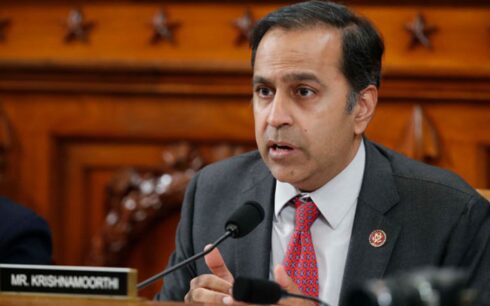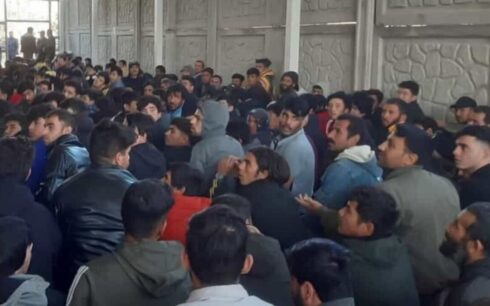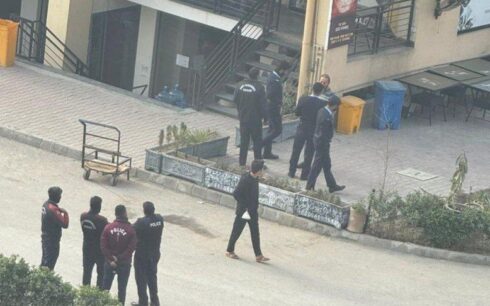Residents in parts of Kabul are grappling with a serious water shortage, enduring hours-long waits to access water.
The scarcity of water has forced residents in certain areas of the capital to resort to purchasing water as the wells have dried up, exacerbating the problem.
One heavily affected area is the fifth district of Kabul in the west of the city, where residents queue up for water from dawn until midnight, with young individuals, children, and the elderly enduring extended waiting periods to secure enough water for their families.
The water shortage is not limited to specific districts, as residents reported reductions in water availability in other parts of Kabul as well.
“The shortage of drinking water in Kabul is increasing. Every day people are facing this problem more and more,” said Ali Ahmad, a Kabul resident.
Mustafa, another resident, highlighted the dire situation in most areas of Kabul city, where access to drinking water is limited, resulting in people traveling from distant places, especially the Kabul company area, and waiting from early morning until midnight to get water.
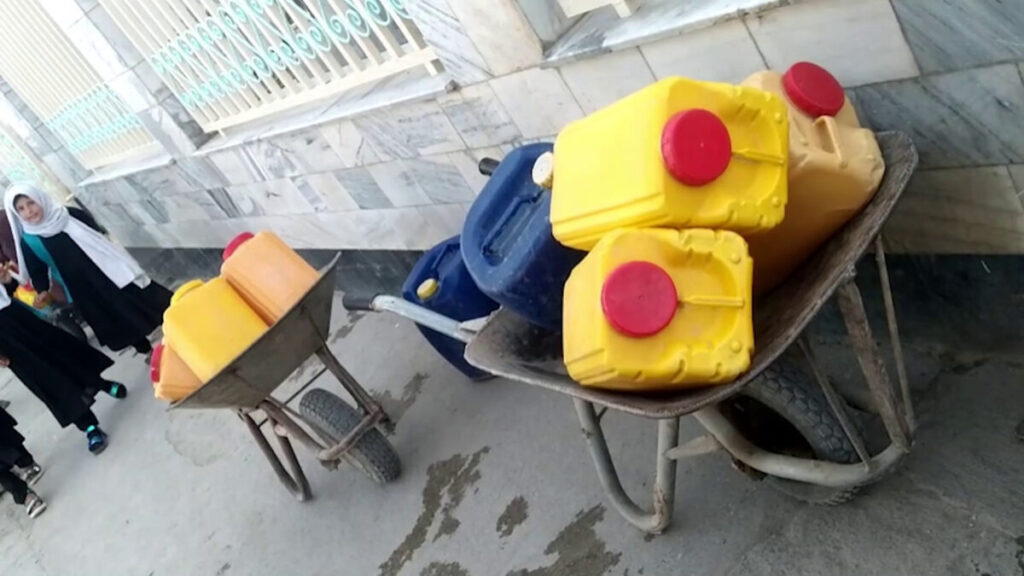
Residents have expressed concern over the continuous decrease and drying up of underground water, which has significantly disrupted their daily lives.
Faizullah, a Kabul resident, shared that people often gather at the mosque to turn on the water pump, but the water pressure remains insufficient, further complicating the situation.
Sabra, another resident, emphasized the challenges they face despite the presence of several water sources in the region.
Addressing the water shortage, the Taliban resumed a project to complete the Banda Shah and Arous dam, which has the potential to store over nine million cubic meters of water. However, the dam remains unfinished at this time.
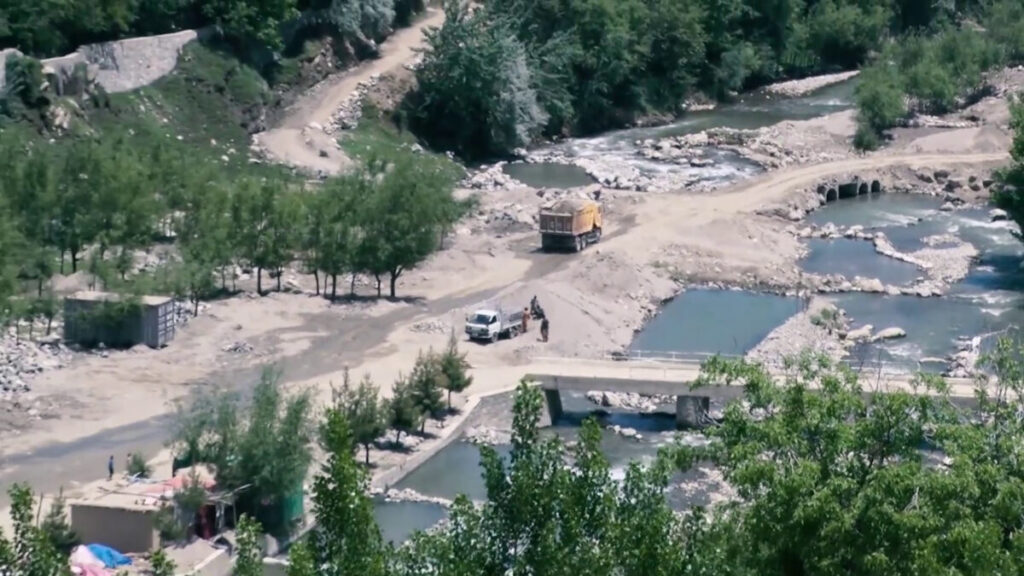
Prior to this, the United Nations reported that 60% of families in Afghanistan were experiencing water scarcity, underscoring the severity of the situation faced by Kabul residents.


